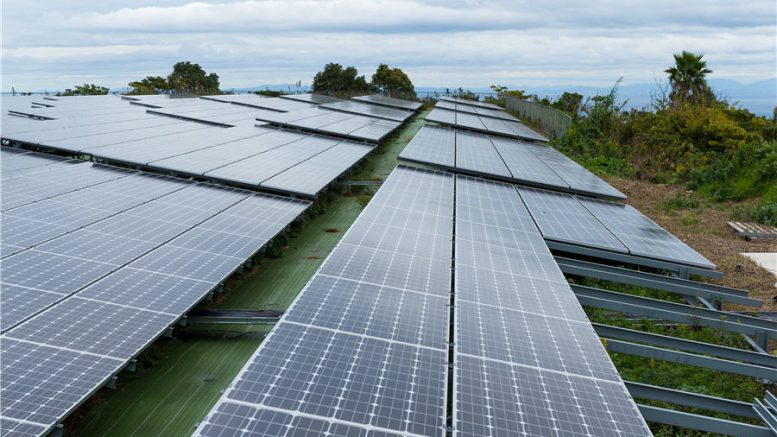Few Canadian mining leaders have committed to full carbon emission reductions by 2050, according to a survey by KPMG.
The survey conducted last month with 75 mining company decision-makers found that only 23% have made formal commitments to achieve all scope-related carbon emission reductions by 2050 or earlier,
About a quarter have not yet made formal commitments but are actively developing emission reduction plans. Moreover, 10% lack both ESG and carbon reduction strategies, while 7% either do not intend to implement such strategies or face challenges in reducing emissions at present.
Decarbonization has emerged as one of the industry’s foremost challenges, and survey respondents anticipate heightened scrutiny from investors this year regarding their decarbonization strategies.
However, a lack of refining capacity in Canada, which generally produces concentrates that are shipped to smelters worldwide, poses a considerable challenge to reducing scope 3 emissions, which traverse the company’s value chain.
“Many in the industry face substantial hurdles to reducing scope 3 emissions, particularly due to Canada’s limited smelting or refining capacity for critical minerals,” said Heather Cheeseman, partner and national mining leader for KPMG in Canada.
“Until Canada develops smelting or refining capabilities for mined minerals, miners will encounter limitations.”
Scope 1 encompasses greenhouse gas (GHG) emissions directly owned or controlled by organizations, while scope 2 includes indirect emissions resulting from the production of purchased energy.
According to the survey, nine out of 10 Canadian mining leaders are optimistic about the country’s potential to emerge as a global leader in critical minerals.
However, an overwhelming majority (98%) said there is an urgent need for increased investment, government commitment, and favourable tax policies to bolster the sector’s growth.
CMETC
Respondents were enthusiastic about the federal government’s 30% Critical Mineral Exploration Tax Credit (CMETC), with 76% reporting it has helped them attract financing for exploration. However, 84% said claiming the credit is too complicated with too many conditions attached.
Company executives are also concerned that the longstanding Mineral Exploration Tax Credit, which applies to precious metals and critical minerals that don’t quality for the more generous CMETC, won’t be renewed in this year’s budget.


Be the first to comment on "Limited refining capacity in Canada an obstacle for net zero mining: KPMG"